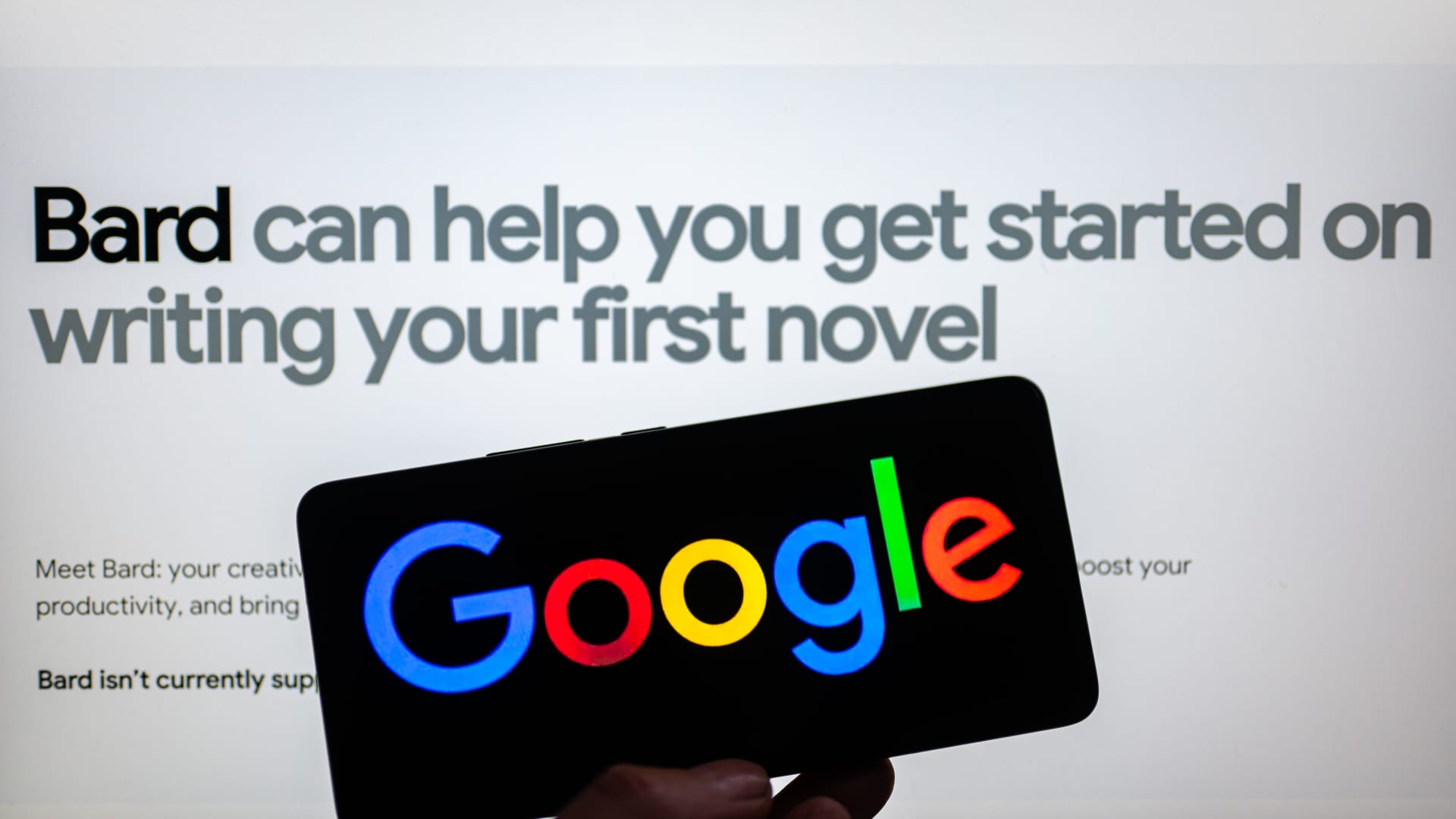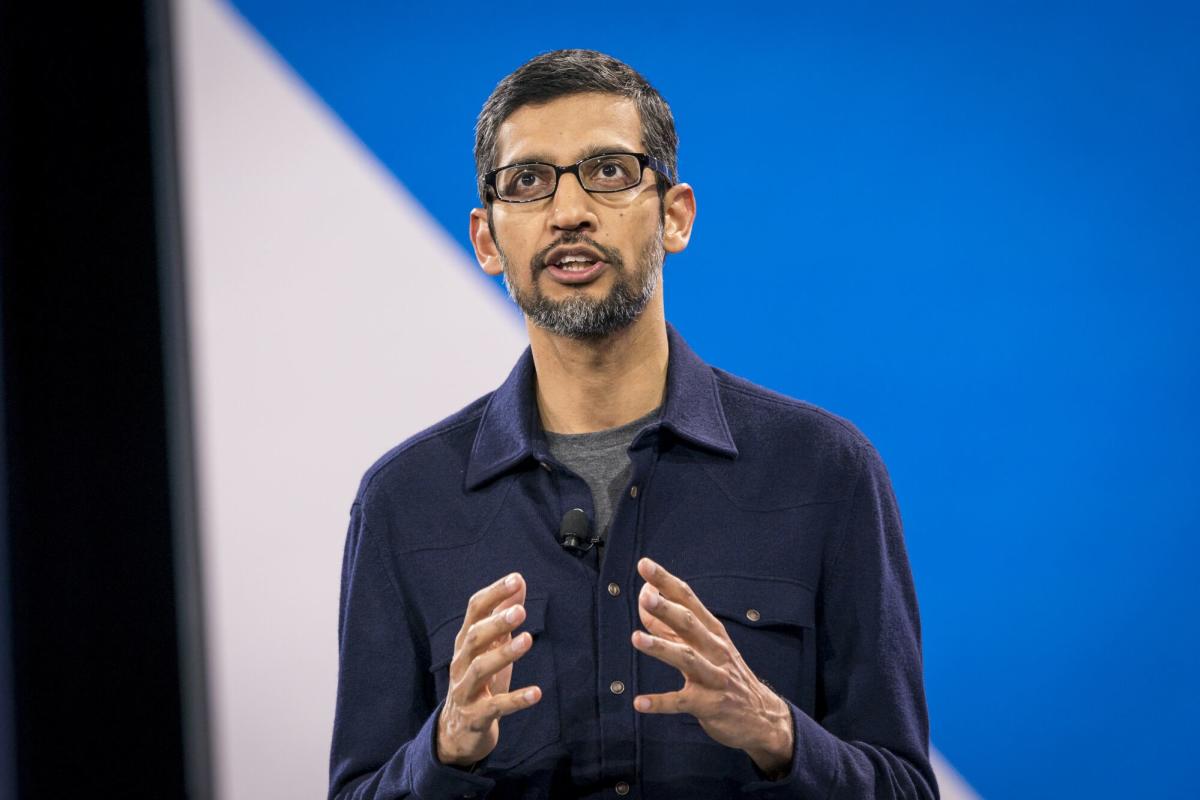- JeezAI | Hired in AI
- Posts
- Shocking Workplace Divide, PwC's $1B Bet, and Controversial Deepfake Music! 🎵
Shocking Workplace Divide, PwC's $1B Bet, and Controversial Deepfake Music! 🎵
Discover the latest AI news and insights, from mixed feelings on AI in the workplace to PwC's $1B investment in generative AI, DJ success vs. deepfake music controversies, and more!

In this issue, we explore the public's mixed feelings on AI in the workplace, PwC's massive $1 billion investment in generative AI, the intriguing interplay between AI DJ success and deepfake music controversies, NVIDIA's NeMo Guardrails for safer and more reliable AI chatbots, and enhanced data control options for ChatGPT users.
Additionally, discover our roundup of trending AI tools, including Aomni, Hugging Face GPT, Saga, Descript, and Clipdrop. Stay informed and engaged with the fast-paced world of artificial intelligence as we delve into these cutting-edge topics and more!
What you'll find in your AI booster today;
Shocking Divide: AI in Workspace
Generative AI: PwC Pledges $1B
DJ Success Meets Deepfake: Music Controversy
Nvidia NeMo Guardrails: Chatbot Enhancer
Take Control of Your ChatGPT: Secure Your Data
Trending 5 AI Tools 🦿 The Good, the Bad, and the Ugly
Aomni: Find, extract, and process any data from the internet.
Hugging Face GPT: Open-sourced rival of ChatGPT.
Saga: Digital creative assistant.
Descript: A video word processor. Edit video by editing text.
Clipdrop: The ultimate ecosystem of apps, plugins & resources.
1️⃣ Shocking Divide: AI in Workspace
A recent Pew Research Center survey reveals mixed feelings among Americans regarding the use of AI in the workplace. While a majority opposes AI being used for hiring and firing decisions, 47% believe that AI could outperform humans (only 47%…) in evaluating job applicants fairly. This indicates a level of trust in AI's ability to tackle bias and improve hiring processes.

When asked about potentially beneficial or harmful effects of AI in workplaces in the next 20 years, a higher share say it will hurt more than help workers than say the inverse. About a third of Americans (32%) think the benefits and harms will be equally split for workers generally, while 22% are not sure about its potential effect.
The research also addresses public concerns around surveillance, data mismanagement, and misinterpretation.

The public's opinions about AI usage in the workplace vary based on age, gender, race and ethnicity, and income. For instance, 70% of women say they would not apply for a job with an employer that used AI in hiring decisions, compared with 61% of men who would not apply for a job at such a workplace.
To explore the full study and join the discussion, click here.
🪄 Introducing TopGPT — the world’s first Andrew Tate large language model.
Ask TopGPT about career advice, dating tips, or philosophy 🤯
— Emmet Halm (@ehalm_)
5:02 PM • Apr 25, 2023
2️⃣ Generative AI: PwC Pledges $1B
PwC US is making a substantial $1 billion investment over the next three years to expand its AI capabilities, addressing key challenges in AI adoption such as data protection, model transparency, and workforce upskilling. The firm's partnership with Microsoft and OpenAI, utilizing GPT-4/ChatGPT and Microsoft's Azure OpenAI Service, aims to empower businesses to securely harness the remarkable potential of generative AI, build trust, and deliver sustained outcomes.

The impact of generative AI on industries is nothing short of revolutionary, with the ability to create new business models and drive significant efficiencies. PwC has already showcased AI's potential by achieving a 29% efficiency improvement for an auto insurer's claim estimation process.
These efforts will enable us to use our position as a leader in responsible AI to make sure that generative AI is used to help build and maintain trust with a variety of stakeholders.
What's more, PwC US is investing in upskilling its 65,000-strong workforce to ensure they are equipped to navigate the ever-evolving AI landscape. This strategic commitment by PwC to AI technology, collaboration, and workforce development highlights the firm's dedication to fostering innovation and growth in the AI space.
It's challenging to keep up with the latest AI research as a non-technical person, but GPT-4 not only helps me understand the technicalities, but it also assists me in messing around with these new technologies.
I had no idea what chunks, embeddings or vector searches were.… twitter.com/i/web/status/1…
— Muratcan Koylan (@youraimarketer)
4:08 AM • Apr 25, 2023
3️⃣ DJ Success Meets Deepfake: Music Controversy
Spotify's first-quarter earnings call highlighted the pros and cons of AI advancements. The company saw positive adoption of its new AI DJ feature, offering personalized music selections introduced by a realistic-sounding AI-generated DJ voice.
However, AI technology also presents challenges, such as the creation of deepfake music that clones artists' voices without consent, leading to copyright issues and complications for streaming platforms.

The deepfake issue gained attention when an AI-generated Drake and The Weeknd song appeared on several streaming services. Spotify CEO Daniel Ek acknowledged the complexity of the situation, stressing the need to balance innovation and protecting existing creators. He admitted that the rapid progress of AI is both "really cool and scary" posing risks to the entire music ecosystem.
If you have a small or medium-sized business and you're not experimenting AutoGPTs, you're missing out on a huge opportunity.
I asked AgentGPT to serve as both the front desk clerk and online reputation manager, and the results achieved in a very short time are impressive.👇
— Muratcan Koylan (@youraimarketer)
3:57 AM • Apr 25, 2023
4️⃣ Nvidia NeMo Guardrails: Chatbot Enhancer
NVIDIA has released NeMo Guardrails, an open-source software helping developers enhance safety and security in AI chatbots using large language models (LLMs). The software allows developers to establish topical, safety, and security boundaries, ensuring that AI-generated text remains accurate, appropriate, and relevant. NeMo Guardrails can be integrated with existing tools and platforms, making AI applications safer and more reliable for users.

5️⃣ Take Control of Your ChatGPT: Secure Your Data
ChatGPT now allows users to disable chat history, ensuring conversations won't be used for model training or appear in the history sidebar. This feature, available in ChatGPT's settings, provides a more manageable alternative to the existing opt-out process.

Additionally, OpenAI is working on a ChatGPT Business subscription for professionals and enterprises that require greater data control. The new Export option in settings also enables users to easily access and understand stored ChatGPT data.





